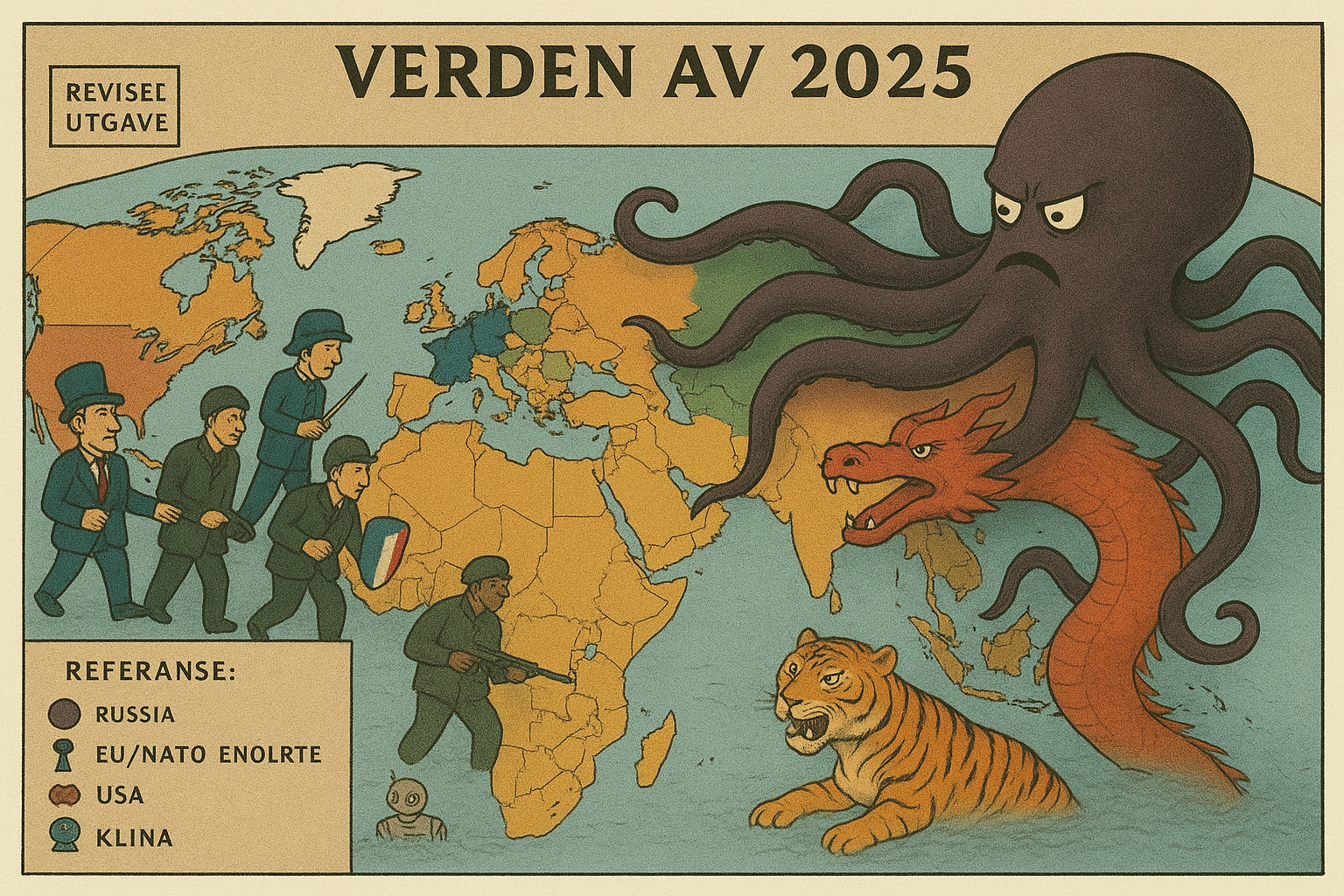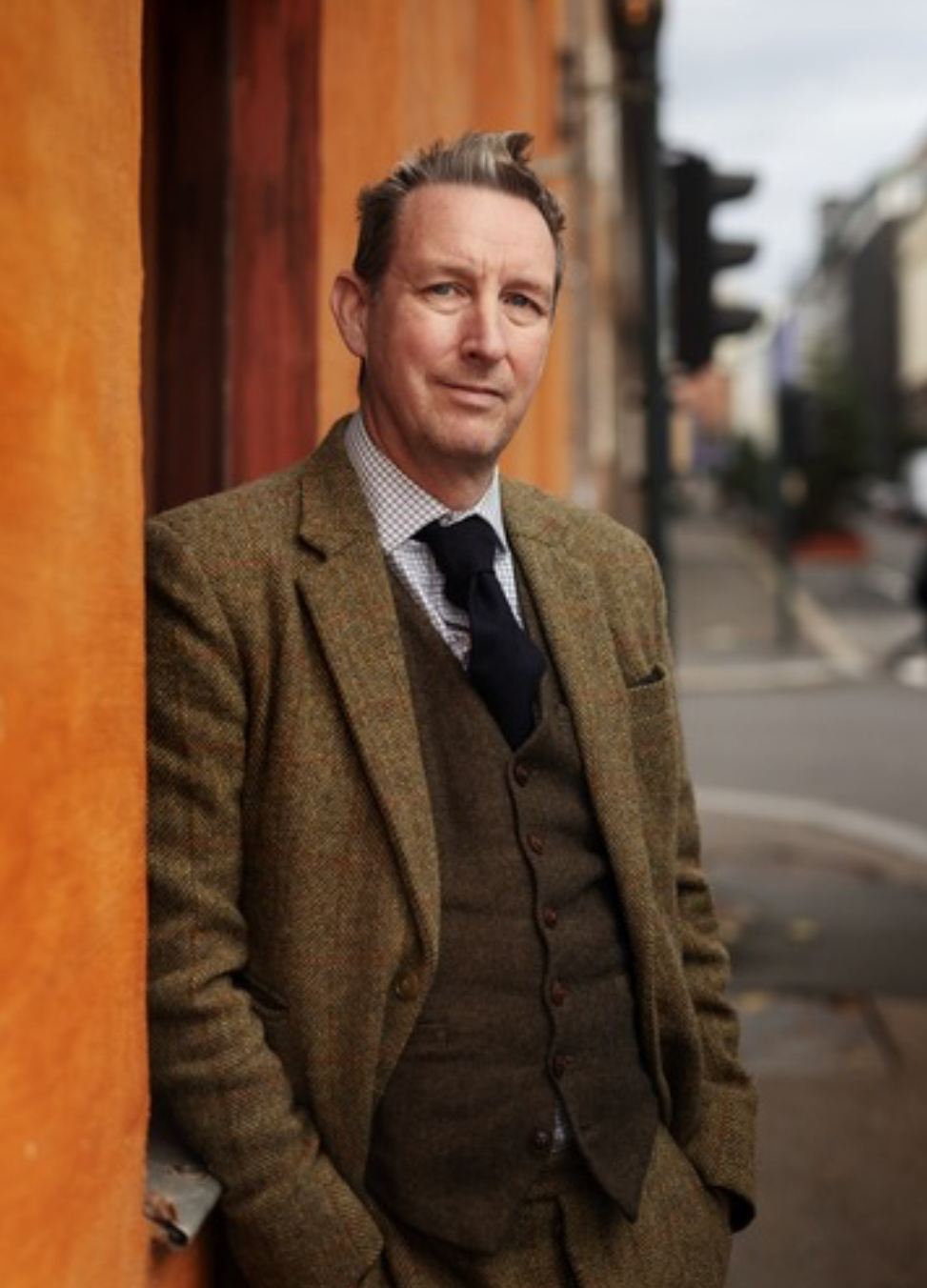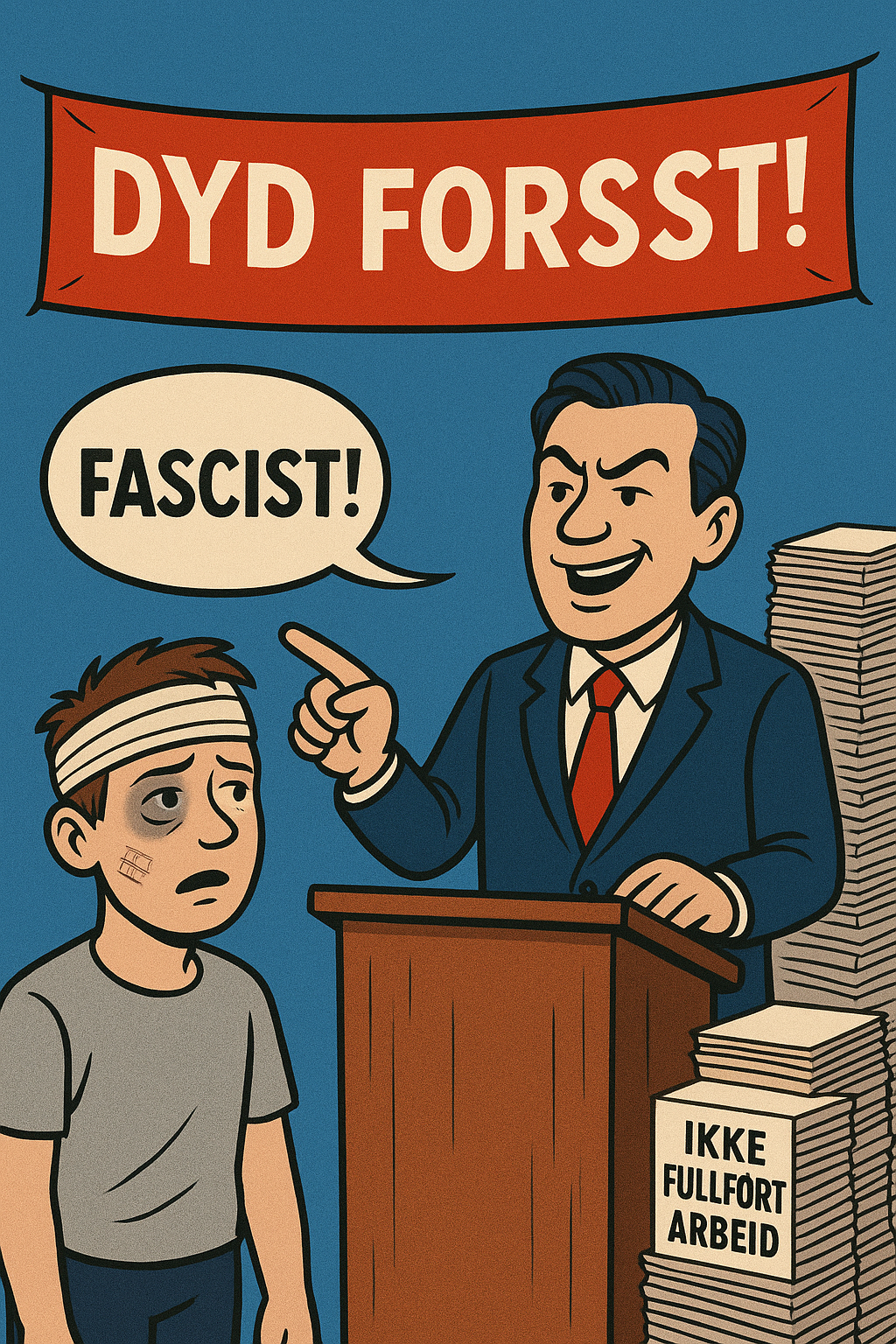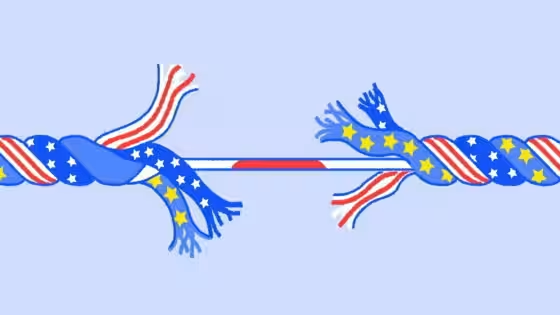Toje, A. (2010). The European Union as a small power: After the post-Cold War. New York: Palgrave Macmillan.
In the autumn of 1991 I hitch-hiked to Poland. A lanky teenager, I was determined to peer behind the Iron Curtain before it was pulled shut. It turned out to be a highly interesting time in Warsaw. The Soviet leader, Mikhail Gorbachev, went on holiday to his dacha and while he was away a coup was launched in Moscow. The drama unfolded before a public unaccustomed to live television. The new leader, Boris Yeltsin, standing on a tank in front of the parliament building shaking a defiant fist, was a powerful image, one that will never leave me. Nor will it, I suspect, leave the baffled people of the former Soviet satellite who saw fissures opening in the power that only recently had seemed so permanent. After some tense hours the army failed to support the plotters and the democratic forces took back charge of the government, but in the meantime the Soviet Empire had unravelled. The Cold War was over.
Some twelve years later I was working in Brussels. American President George Bush the Younger went to war against Iraq based on a doctrine of pre-emption that, were it to be universally applied, would tear the international system apart. Europe was seething. America was going it alone and did not pretend to care what other powers might think. The pending invasion caused a groundswell of public resentment. On 15 February 2003 people took to the streets in their hundreds of thousands all over Europe. It seemed that the European public, so often theorized in academic papers, was coming into being before my very eyes. And they looked to the European Union to give them voice. After all, had the EU only weeks earlier not proclaimed a common European security and defence policy to be operational? But it was not to be. The EU’s leaders failed to channel the energy, choosing instead to pour their efforts into a constitutional treaty that the voters would later roundly reject.
We did not know it at the time, but the Iraq war signalled the end of the post-Cold War interlude. Since then a new element of competition, of scarcity, of volatility has made political time pick up speed, driving the emerging powers faster, higher and stronger. But not the EU. It has grown increasingly apparent that a weaker United States would not automatically translate into a stronger European Union. The ‘bipolar West’ envisioned by many, including this author, has failed to materialise. The EU has not grown to be an eastern gravitas in a two-pillar structure. No European Byzantium to America’s Rome. During the post-Cold-War period (1991–2003), European security was treated as a sort of ‘pyramid scheme’ in which security guarantees were dispensed with little calculation of the possible costs involved. The hopeful teleology of the ‘end-of-history’ worldview reappeared in Europe in the shape of constructivism, draping Europe’s relative decline in sophisms.
After the Post Cold War
For two decades we have referred to our own times as an appendix – after the Cold War. What the new era will be called has yet to be agreed. Wordsmiths are jockeying find a new term, another ‘Cold War’ to sum up the spirit of the age and the power relations among its main players. It now seems that unipolarity as a global political order was a transitional phase, one that by 2010 is eroding fast. Behind the news headlines we see the contours of something bigger, namely, that the Western project has lost some of its mobilizing potential. The transatlantic West has been zapped of the ideological power it enjoyed during the 1990s, owing to the resurgence of illiberal democracy and authoritarian capitalism. Efforts to spread Western values across the globe no longer go unopposed by the emerging powers. Policies are guided by national interests, not by global community values as they were defined by Western elites during the 1990s.
Unipolarity helped provide conditions for a period of harmony and integration in Europe. The security and stability that came with American primacy allowed for the 1990s to be a period of idealistic politics. The post-Cold War optimism was embodied in the many international treaties that were signed aimed at regulating the international system and limiting the sovereignty of individual states and non-state actors to destabilize the system. This is now drawing to a close, and Europe finds that it failed to make sufficient progress when integration was easy. Rational and well-meaning ideas of peace and cooperation among states have yet again come under pressure by the chaos and insecurity in the international system. The Europe that enters the new era is one characterized by close ties internally but which has limited capacity for external action. The outstanding question is whether the EU structure built under American security guarantees will prove resilient in the turbulence of multipolarity.
The European Union’s difficulties in adjusting to the events of the first decade of the 2000s were far from exceptional. Most actors struggled to find their feet, first in the Pax Americana that rose out of the rubble of the Soviet collapse and again when it became clear that the post-Cold-War period was an interlude, not an era. Just as it seemed that the post-Cold-War order had settled, the landscape changed yet again. The uniploar order is in the process of being replaced by a new multipolarity. The new, bilateral, transatlantic bargain is still hazy but some traits are discernible. NATO remains the pivot in European security. The continued need to ensure military interoperability will be sufficient to ensure its survival, although its political role is set to diminish in the face of weaker American commitment. Whether this will translate into a more distinct EU presence is far from certain. America appears to have lost faith. When US Secretary of State Hillary Rodham Clinton addressed L’Ecole Militaire in Paris on ‘the Future of European Security’ on 29January 2010, she did so without once referring to the EU’s military dimension.[i] A week later President Obama cancelled the biannual EU-US summit, citing the flimsiest of excuses.
The European Union as a small power
Having been forged in the tension of intra-European sovereignty, interdependence and transatlantic reliance, the strategic behaviour of the EU is above all characterized by dependence. The EU’s multilateralist mantra and pro-UN sentiments fit well with Robert Keohane’s definition of a small power as an actor whose leaders consider that it cannot influence the international system on its own but that it may do so together with other actors. The EU is dependent on the US for strategic leadership, but is increasingly weary of getting entangled in American geopolitics. The EU has taken a defensive status quo orientation aimed at maintaining friendly relations with all great powers, avoiding balancing and bandwagoning against any of the established or emerging poles. As a strategic actor the EU is inclined towards cooperative damage-limitation strategies, as illustrated by the eagerness to limit strategic possibilities by self-imposed rules of restraint. This can, of course, also be seen as hedging vis-à-vis the United States while developing strategic relations with other great powers.
Why has the EU developed the strategic presence of a small power? The obvious answer to this question lies in the way that EU foreign-policy decisions are made. It is perhaps to be expected that a Union based on equal membership that is made up of small powers and small states would be influenced by their strategic outlook. The ease with which four neutral states have joined the CFSP/ESDP is a testimony to the small-power nature of the EU. A second answer is revealed in the case of Germany. Europe’s largest power is, for reasons of history, unwilling to make a separate bid for great-power status.[ii] Finally, there is what Robert Rothstein (1968) calls ‘the temptations of appearing insignificant’.[iii] Europe’s culture of strategic dependence predisposes it to let others expend blood and treasure in upholding the international system. The geopolitical setting with a lack of threats and US guarantees, the historical memories of the dangers of power politics, the capability–expectations gap and doctrinal idealism all help to explain why the EU falls short of the system-determining potential of a great power. The placement of states in a system accounts for a good deal of their behaviour.
The challenge for the EU is that the CFSP/ESDP has proclaimed itself to be much more than that. After all, the 2010 Headline Goal states: ‘The European Union is a global actor, ready to share in the responsibility for global security.’[iv] This is clearly misleading. The EU may dabble in issues on the international agenda, but cannot, in its present shape, purport to be an upholder of the international order. That cannot be achieved without embracing the great-power potential inherent in the 27-state bloc. One must not forget that Europe is declining in terms of global share of population and world economy. Behind the talk of globalization, Europe is slipping. In the medium term, Europe’s great powers are likely to be relegated to the second-power division by the rise of new great powers such as China and India. The EU is the most realistic alternative for a European resurgence. Seen collectively, Europe has the tools – the capabilities, the technology, the finances and population – of a great power, but lacks the consensus to go down that path. In this situation the obvious alternative would be for the EU to play the hand it has got in the most effective manner possible.
In one of his acerbic reflections during the early 1870s, Otto von Bismarck suggested that there is no such thing as Europe, ‘Wer von Europa spricht, hat unrecht’ – whoever speaks of Europe, is wrong.[v] Well, a united Europe has not come to pass, but the continent is not as disunited as Bismarck had predicted. It is somewhat less powerful than the European federation envisioned by Winston Churchill, yet a mere ten years ago, at the height of the post-Cold War interlude, it actually looked a rather successful mid-level player in international affairs. At present, however, it looks beleaguered: a rather inconsistent small power it would be tempting to blame European leaders for lack of vision, or perhaps a European polity slowly dissolving into its various national and regional components. But that would miss a more interesting point made by Paul Kennedy, that almost all medium powers are having a problem figuring out who they are, what their priorities should be and how to move on.[vi]
Europe’s abdication
The rise of the EU as a small power has deep sources that have little to do with any widely shared ambition or indeed any fundamental sense of shared purpose. It is the result of counteracting checks and balances. It has been driven by the decline of the unipolar order. EU foreign policy has failed to live up to its potential. One, seldom discussed reason is that European security is over-institutionalized. There are too many agencies that all compete for the same scarce policy resources. The OSCE, the Council of Europe and NATO all eat into the raison d’être of the EU. For this reason even small-power status may be more than the Europeans are able to sustain as the members feel the gravitational pulls of the new poles of the system. This does not mean that the EU will necessarily be an ineffective player under multipolarity. Chances are that the Union will endure, even if its political wing remains weak. The European partners share the same basic interests and belief systems – easily overlooked, to be sure, until confronted with powers that do not share them.
The EU will most likely continue to play an important role in European affairs. What this work has shown is that the EU’s failure to optimize its international influence is directly linked to the way decisions are made. The events examined do not show that the Union has been unable to formulate policies or that its strategies have been untenable; only that when member states had other priorities, the obstructionist position tended to prevail. The EU’s modus operandi of latent rather than willed ambiguity has served to lessen its ability to shape outcomes. Naturally, one cannot draw a line through a series of dots over a five-year period and project it into the future. After all, the experiences in Afghanistan and other places might have made many Europeans question the wisdom of facing multipolarity metaphorically handcuffed to the United States.
In terms of delivering an actual basis for EU security policy, the first decade of the 2000 has represented a trek back to status quo ante. The scales have tipped in favour of those who see EU security policy as primarily a tool to deepen European integration. The scattered peacekeepers and the somewhat naïve belief in multilateralism in times of crisis are clearly not designed to strike fear in the hearts of rival powers. The EU is clearly able to do more in international affairs, its members are just not able to agree to do so it the present context. The masterly inactivity of the EU is closely coupled with the prevalence of the inter-polarity perspective in Europe. It is widely assumed that the international system will remain pacific and cooperative and that there is therefore scant need to seek out allies or to obstruct the path of challengers.
The EU as a small power was plain to see at the December 2009 United Nations Climate Change Conference in Copenhagen, where the US negotiated bilaterally with Brazil, China, Russia, India and South Africa. The EU was left out in the cold alongside the other small powers. It had to sign up to what the great powers were able to agree. Although it is somewhat disheartening to discover that the pooled power of 27 states amounts to that of a small power, this does not mean that the EU is stuck with a small-power strategic presence. It is fair to assume that, owing to its high visibility, the CFSP will be closely linked to the overall popular support for European integration in the future. Even with a scaled-down level of ambition, the EU will have to continue to respond to an international agenda that it does not control. The consensus–expectations gap is set to continue preventing the EU from engaging in great-power politics. The implication of this approach was summed up by Raymond Aron in 1976: ‘Yesterday, Europe only just avoided perishing from imperial follies and frenzied ideologies, she could perish tomorrow through historical abdication.’[vii]
The member states may get used to playing the collective role of a small power, but will the dynamics of a multipolar system allow it to remain so? The last word has not been spoken on this question. A Union in search of legitimacy on the one hand and increasingly apparent needs to use the capabilities and act firmly against international anarchy on the other could, in the future, prove a potent match. It is thus too early to judge whether the shift to multipolarity will damage or bring new impetus to the EU security dimension. There is no direct link between our intentions and the outcomes that our actions produce. The law of unintended consequences is often harsh towards those who favour hard power. Perhaps the EU’s small-power presence should be lauded and not lamented. Considering the high stakes of great-power politics, a small power identity may insulate the EU against costly foreign-policy adventures.
It is customary for academicians to express hope that their research can be used to improve policy. This author harbours no such ambition. The search for conclusions meant deliver a certain future by claiming that it has already come to pass has done much to undermine International Relations as an academic discipline, which is properly conducted, not as a practical activity but as an intellectual one. History is not driven by academic tracts. International relations are ruled by bleaker, more limited reality than that of domestic affairs. The current international climate display three critical factors that could, if unchecked, pose a threat to international stability: the existence of powerful and resentful states situated on the margins of the international order; an intense and sustained disruption to the workings of the global economy; and, finally, apparent reluctance on behalf of the emerging powers to pick up the slack left by a weakened USA as upholders of the international order. On this score the EU as is much as fault as China or Russia. It is in a state of imbalance that the EU has embarked on its own path to multipolarity. It has the interests of a great power but the mentality and capacity of a small power. Europe’s security obligations are disproportional to its ability to live up to them. A worrisome gap to be sure. The EU already feels the pulls from forces beyond its control–identity, history, capability, geopolitics and values– the undertows of passion and interests that lurk just beneath the surface of civilization. Perhaps poetry rather than academic parlance is a better way to capture this vortex. In the words of William Butler Yeats:
Turning and turning in the widening gyre;
The falcon cannot hear the falconer;
Things fall apart; the center cannot hold;
Mere anarchy is loosed upon the world.[viii]
[i] Retrieved 31 January 2010www.state.gov/secretary/rm/2010/01/136273.htm
[ii] According to a 1991 RAND Corporation survey, a majority of Germans saw Switzerland as an appropriate model for the new Germany’s role in international affairs.
[iii] Rothstein, R. L. (1968). Alliances and Small Powers. New York: Columbia University Press, p. 27.
[iv] European Council (2004a). 2010 Headline Goal. Decided by the Council on 17 May 2004 and endorsed by the European Council on 17/18 June 2004. Retrieved 18 January 2009 from http://ue.eu.int/uedocs/cmsUpload/2010%20Headline%20Goal.pdf
[v] Die Große Politik der europäischen Kabinette 1871–1914 (Vol. 2, pp. 86–87), (21 October and 2 November 1876) Berlin; See Kennan, G. F. (1979). The Decline of Bismarck’s European Order: Franco–Russian Relations, 1875–1890. Princeton, NJ: Princeton University Press, pp. 76–79.
[vi] Kennedy, P. (2009). A History Lesson, From The World in 2010. The Economist, print edition,[AQ: Please provide vol no and issue no this is a magazine – no need] p. 55.
[vii] Aron, R. (1976). The Crisis of European Idea. Government and Opposition, 11 (1), 5–19.
[viii] From “The Second Coming” a poem composed by William Butler Yeats in 1919 and printed in the 1921 collection of verses titled. Yeats, W. B. (1970). Michael Robartes and the dancer. Shannon: Irish University Press.



